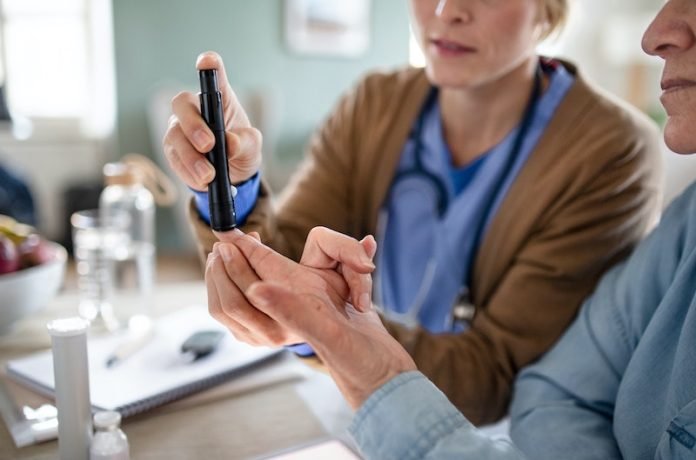
As we get older, our bodies go through many changes. One of these changes happens in our blood vessels.
Scientists from the University of Missouri wanted to understand this process better. They focused on how aging can affect the function and stiffness of our blood vessels.
What Are Blood Vessels and Why Do They Matter?
Blood vessels are tiny tubes that carry blood throughout your body. They’re a bit like highways for your blood cells. These vessels are super important because they deliver oxygen and nutrients to your body parts.
However, as we age, these vessels can become less flexible or “stiffer”, and not work as well as they used to.
The Young vs the Old: A Comparison
In the study, the scientists looked at the blood vessels of 18 healthy young people (average age of 25) and 18 older adults (average age of 61).
They found that the older people had blood vessels that didn’t function as well and were stiffer than those of the younger people. This confirmed what other studies have also found.
A Diabetes Drug to the Rescue?
The really exciting part of the study involved a drug called Empagliflozin, or “Empa” for short. This drug is usually used to help lower blood sugar in adults with a type of diabetes known as type 2 diabetes.
The scientists gave this drug to some very old mice (72-week-old) for six weeks, while other mice were just given standard food.
After six weeks, they checked the blood vessels of all the mice. The result? The mice that were given Empa had blood vessels that worked better and were less stiff!
What’s Next?
This study is the first to show that this diabetes drug could potentially reverse the effects of aging on blood vessels.
The scientists believe that further research is needed to see if this drug could help delay or even reverse the aging of blood vessels in humans too.
In the meantime, if you’re interested in diabetes or nutrition, there are other studies you can look at.
Some studies have identified a key cause of type 2 diabetes, while others suggest that certain eating habits could reduce the risk of developing this disease.
There are also studies linking unhealthy plant-based diets to a condition known as metabolic syndrome and suggesting that ultrasound might help prevent or even reverse type 2 diabetes.
The study was led by Camila Manrique-Acevedo and was published in the journal GeroScience. So, while we wait for more research, let’s keep learning and taking care of our health!
If you care about diabetes, please read studies about berry that can help prevent diabetes, obesity and cancer, and new drugs to treat diabetes and metabolic syndrome.
For more information about diabetes, please see recent studies about the normal blood sugar for people with diabetes, results showing that Zinc may be the key to better diabetes treatments.
Copyright © 2023 Knowridge Science Report. All rights reserved.




